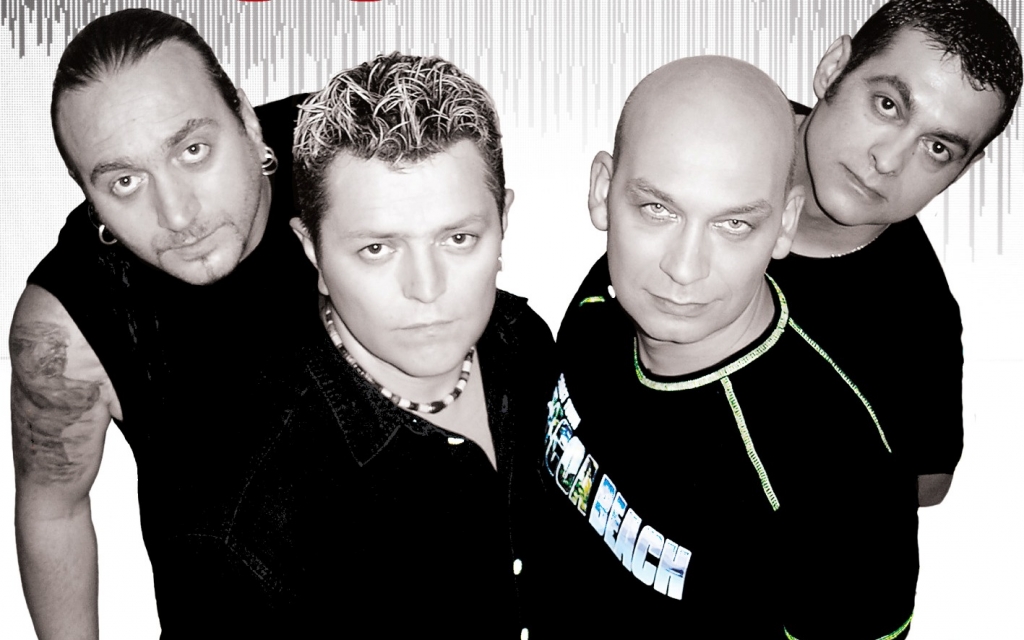BIG MAMA SCANDAL показаха и видеото си в памет на ЕДИ ВАН ХАЛЕН ..

BIG MAMA SCANDAL направиха премиера на новото си видео ‘One (I’m Looking For)’ – гледайте долу. Песента е посветена на китарния гений ЕДИ ВАН ХАЛЕН и атакува вашата класация ТАНГРА ТОП 40 още през лятото, но сега вече има и официално видео – със специалното съдействие на Национален Фонд Култура. В клипа е използван първоначалният модел на китара Frankenstrat, патентована от крал ЕДУАРД през 1978. Заснет […]
BIG MAMA SCANDAL показаха и видеото си в памет на ЕДИ ВАН ХАЛЕН

BIG MAMA SCANDAL направиха премиера на новото си видео ‘One (I’m Looking For)’ – гледайте долу. Песента е посветена на китарния гений ЕДИ ВАН ХАЛЕН и атакува вашата класация ТАНГРА ТОП 40 още през лятото, но сега вече има и официално видео – със специалното съдействие на Национален Фонд Култура. В клипа е използван първоначалният модел на китара Frankenstrat, патентована от крал ЕДУАРД през 1978. Заснет е […]
ЛАНА ДЕЛ РЕЙ – с епична 7-минутна нова песен ‘A&W’ – слушайте ТУК
ЛАНА ДЕЛ РЕЙ направи премиера на новата си песен “A&W” – слушайте долу. Епичното 7-минутно парче е включено в предстоящия й нов студиен албум – ‘Did You Know That There’s a Tunnel Under Ocean Blvd’, който излиза на 24 март. В него има две ярко изразени части, като близо до средата ДЕЛ РЕЙ пее: „Това ти се случва, когато си една […]
Три групи преди THE EXPLOITED на шоуто в Колодрума на 8 май – вижте ги
Още три групи се включват в шоуто за ’10 години The Wrong Bar’ в столичния колодрум в Борисовата градина. Към вече обявените шотландски пънк легенди THE EXPOLOITED се присъединяват и българските банди PIRANHA, FLY THE FLAG и VAN COCK. Организаторите уверяват публиката, че УОТИ е във форма. След новите му здравословни проблеми, които стреснаха феновете, сега агентът на групата бил потвърдил, че певецът се е възстановил […]
Специално радиопарти за 10 години ‘ПРИШЪЛЕЦЪТ 2112’ днес от 16:00

Днес, прeдаването на ВАСКО РАЙКОВ – ‘ПРИШЪЛЕЦЪТ 2112’ празнува големия си празник! Той и двамата му съучастници – БАНКОВ & БОДЛЬОВ се събират специално за 10-ия рожден ден на популярното си предаване! Не пропускайте – ‘ПРИШЪЛЕЦЪТ 2112’ започва в 16:00 в четвъртък. Има и множество повторения – ВИЖ в НАШАТА ПРОГРАМА.